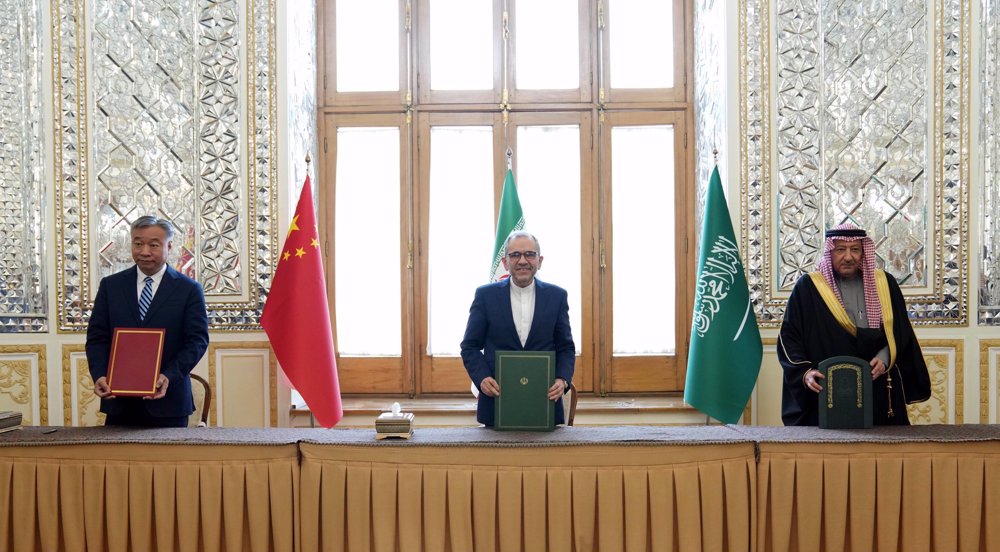China MPs ratify Paris climate pact, US expected to follow suit
Chinese lawmakers have ratified the Paris climate change accord with the US expected to follow suit later in a joint stand against global warming by the world’s two largest polluters.
China's parliament, the National People's Congress, voted on Saturday to adopt "the proposal to review and ratify the Paris Agreement", state news agency Xinhua reported.
The move comes as the accord sets ambitious goals for containing global warming and funneling trillions of dollars to poor nations facing an onslaught of damage as a result of climate change.
US President Barack Obama, meanwhile, is also due to arrive in China later on Saturday to take part in a G20 summit in the eastern city of Hangzhou, where he is expected to announce the formal adoption of the accord with his Chinese counterpart Xi Jinping.
The two powers are expected to use the summit, a gathering of the world's leading developed and emerging economies, to pressure others to do so.

The agreement will take effect 30 days after at least 55 nations, accounting for 55 percent of global greenhouse gas emissions, have ratified it.
In a landmark deal reached in December 2015, countries agreed to slash emissions enough to cap the global average rise in temperatures below two degrees Celsius (36 degrees Fahrenheit).
China is reportedly the world's largest emitter of harmful CO2 emissions, which cause climate change.
According to Xinhua, the Paris deal requires China to cut its carbon emissions per unit of GDP by 60-65 percent from 2005 levels by 2030 and increase non-fossil fuel sources in primary energy consumption to nearly 20 percent.
Neither of those requirements, however, implies a commitment to cut absolute levels of emissions, although China is also obliged to have them peak by 2030.
During the negotiations over the Paris deal Beijing stressed the concept of "differentiated responsibilities" - the idea that developed countries should shoulder the lion's share of the burden as they have polluted most since the Industrial Revolution.
VIDEO | Top documentarians gather for 19th Cinema Verite in Tehran
Press TV's news headlines
VIDEO | Karachi hosts Iran trade exhibition to boost economic ties
VIDEO | 'War with Damascus inevitable': Syrians slam Israeli minister’s war statement
‘Get out, thief. Your mask has fallen’: Maduro denounces US for targeting Venezuela’s oil
UN rapporteur calls on Israel, key allies to cover cost of rebuilding Gaza
US lawmakers release more photos from Epstein estate featuring high-profile figures, including Trump
Iran crowned world’s top Greco-Roman wrestling powerhouse in 2025













 This makes it easy to access the Press TV website
This makes it easy to access the Press TV website